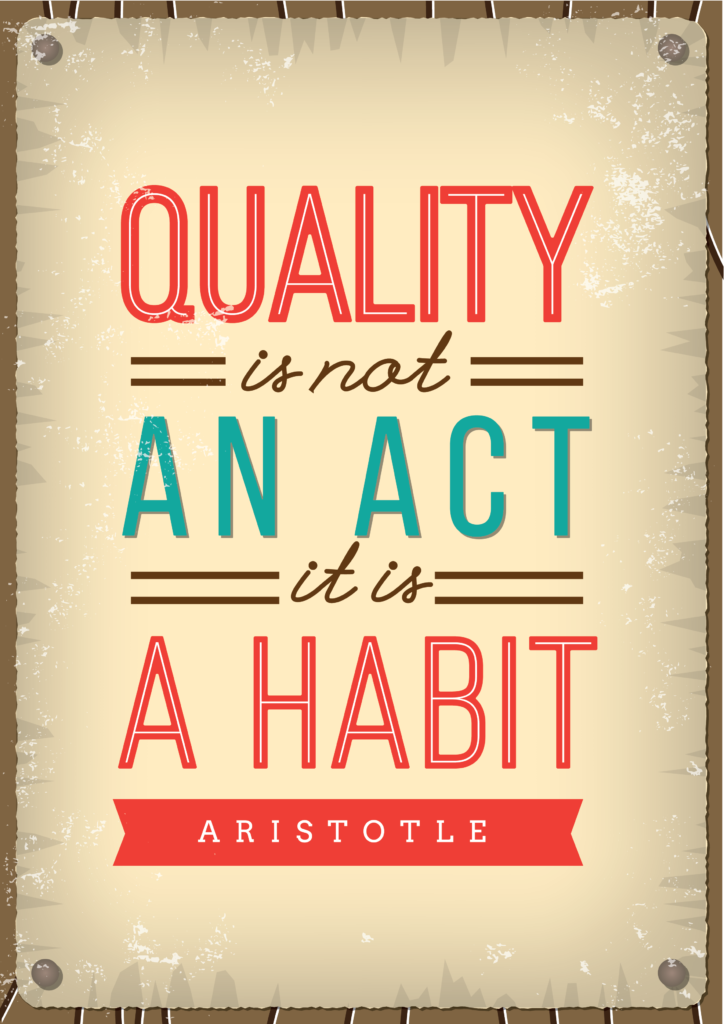Not so much a question of ‘if’ this word describes you… but How does it describe you. Where on the continuum of faithless to faithful would you put yourself? Do a fair evaluation. Now, how important is it to you to Be faithful? Is this a quality, an attribute you would want to describe your character? Do you know what being faithful or not means? Are there people in your life that would fall into not important to be faithful? And, by the same judgment scales, are there those who are important to you to always try and be faithful? Maybe I should simply ask – are you a person of your word? More… that you are aware of how you keep your word?
Perhaps the answer begins with definitions – how do you define the word (and don’t assume that it is a given, that everyone defines faithful the same way).
“… 2. the fact or quality of being true to one’s word or commitments, as to what one has pledged to do, professes to believe, etc.: In the Bible, the psalmist David reports God’s faithfulness in keeping promises.”
[Dictionary.com]“To be faithful is to be reliable, steadfast and unwavering, and the Bible speaks of this type of faithfulness in four ways: as an attribute of God, as a positive characteristic of some people, as a characteristic that many people lack, and as a gift of the Holy Spirit. Faithful is also used in the sense of “believing,” as in the case of the Christians in Ephesus and Colossae (Ephesians 1:1; Colossians 1:2).” [GotQuestions.org]
“Faithfulness” does not even appear in the New Testament of the King James version (KJV). However, the idea certainly does in the Greek. In the listing of the fruit of the Spirit in Galatians 5:22, every modern translation renders the word that the KJV translates into “faith” as “faithfulness,” “fidelity,” or “good faith.” In his commentary on Galatians, William Barclay writes, “This word (pistis) is common in secular Greek for trustworthiness. It is the characteristic of the man who is reliable” (p. 51).
Spiros Zodhiates states that it means “good faith, faithfulness, sincerity”; being faithful, sincere”; and “all good fidelity” [BibleTools.org]
Do these definitions give you a broader and more complete understanding of the qualities and attributes of how faithful is understood? Are they part of your definition and understanding? Or do they make you reconsider what you do think? More importantly, do they help you ‘judge’ your standard? Because it is How you act as a person of faith that is the most important consideration. And as a final judge – remember that God never expects us to be, to do anything that is we are not able to. So, by definition, we all can be faithful.
The first step is not to continue to bemoan the fact that you don’t think you are faithful. That accomplishes nothing and frankly… it wastes time. Sometimes our issue is that we say ‘yes’ to too many things and then become overwhelmed. Start with stopping. Don’t always say yes. Take the request to the Lord and find what He would want you to do. But when you say ‘yes’ then don’t take on more than you actually can effectively handle. And then be that person who is faithful to what they can do. ‘No’ is not an excuse. And it isn’t a denial of the value of the request. It simply is your step in learning how to do what You are able.
According to scripture, we are to occupy [Luke 19:13] until the Lord returns. Simply, this means to be active and involved in your world… not merely an observer. And yes, that sometimes does mean getting your hands dirty. But I believe that the sense of accomplishment, being part of a team that is doing what’s at hand, always trumps. The rewards of faithfulness far outweigh the lack of being faithful.
“Blessed [happy, spiritually prosperous, favored by God] is the man who is steadfast under trial and perseveres when tempted; for when he has passed the test and been approved, he will receive the [victor’s] crown of life which the Lord has promised to those who love Him.” [James 1:12]
Yes this is talking about the trials we all face, but I think it (blessed) can also be applied to the faithful. The importance is how our Father looks on faithfulness.
95.1 Shine teaches:
Even if everyone else is a liar, God is true. [Romans 3:3-4]
And God is faithful. He will not allow the temptation to be more than you can stand.
[1 Corinthians 10:12-13]
God will do this, for he is faithful to do what he says, and he has invited you into partnership with his Son, Jesus Christ our Lord.
[1 Corinthians 1:8-9]
If we are unfaithful, he remains faithful, for he cannot deny who he is.
[2 Timothy 2:13]
Understand, therefore, that the LORD your God is indeed God. He is the faithful God who keeps His covenant for a thousand generations and lavishes His unfailing love on those who love him and obey his commands. [Deuteronomy 7:9]
The faithful love of the Lord never ends! His mercies never cease. Great is His faithfulness; His mercies begin afresh each morning.
[Lamentations 3:22-23]
These scriptures only begin to scratch the surface on how God looks on faithfulness. Point being that it is very important, a highly valued quality and practice. And… though we may not live up to the standard, God always has, always does, always will. We should never lightly consider faithfulness. It should be part of our foundation on who we are, how we do us, and where we need improvement. I don’t believe ‘faithful’ is a destination, it is a process by which we grow and prove who we are.







